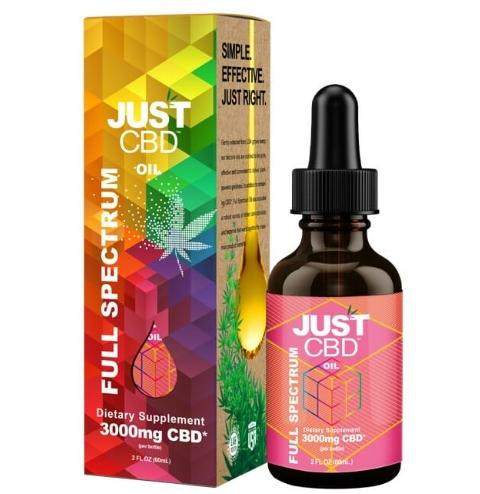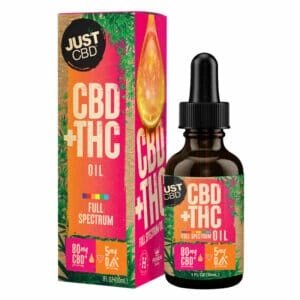The Comprehensive Guide to Whole Plant CBD Oil
CBD oil has been making waves in the wellness industry, offering a wide range of benefits that extend beyond simple relaxation and pain relief. As more people are turning to this natural remedy, it's essential to understand the significance of whole plant CBD oil, which harnesses the full potential of the cannabis plant. In this article, we'll delve into the world of whole plant CBD oil and what sets it apart from other CBD products.
Whole plant CBD oil, also known as full-spectrum CBD oil, stands out from the crowd due to its unique composition. Unlike CBD isolates, which contain pure cannabidiol, whole plant CBD oil includes a spectrum of other compounds naturally found in the cannabis plant. These additional compounds, including other cannabinoids, terpenes, and flavonoids, work together in what's known as the "entourage effect." This phenomenon enhances the therapeutic benefits of CBD by allowing it to interact with the other compounds, potentially making it more effective.
The primary component in whole plant CBD oil is, of course, cannabidiol (CBD). This non-psychoactive cannabinoid has gained popularity for its ability to alleviate various health issues, such as anxiety, inflammation, and chronic pain. However, the supporting cast of compounds in whole plant CBD oil plays a crucial role in optimizing these benefits.
Cannabinoids like THC, while present in trace amounts, are vital to the entourage effect. Despite its psychoactive properties, these minimal THC levels are insufficient to produce a "high" but still contribute to the overall therapeutic impact. Other cannabinoids, such as CBG and CBN, also work in harmony with CBD to provide an array of potential health advantages.
Terpenes are another key element in whole plant CBD oil. These aromatic compounds are responsible for the unique scents and flavors of different cannabis strains. Moreover, terpenes play a more profound role than just aroma; they are believed to have their own therapeutic properties. For instance, myrcene may offer sedative effects, while limonene can be uplifting and energizing.
Flavonoids, a diverse group of phytonutrients, add another layer of benefits to whole plant CBD oil. These compounds not only contribute to the oil's color but also exhibit antioxidant and anti-inflammatory properties. By working in synergy with the cannabinoids and terpenes, flavonoids amplify the potential health benefits of whole plant CBD oil.
Whole plant CBD oil is not only about CBD; it's about the complex interplay of compounds in the cannabis plant. This natural synergy creates a more comprehensive and potentially more effective remedy for various health concerns.
Before incorporating whole plant CBD oil into your wellness routine, it's essential to consult with a healthcare professional. While it offers a promising array of benefits, individual responses can vary. Always start with a low dose and gradually increase it, paying close attention to your body's feedback.
In a world where natural remedies are gaining traction, whole plant CBD oil shines as an option that taps into the full potential of the cannabis plant. Its diverse blend of compounds, working together in harmony, offers a promising avenue for those seeking alternative solutions to health and well-being challenges.
For More Info:-


Comments
Post a Comment